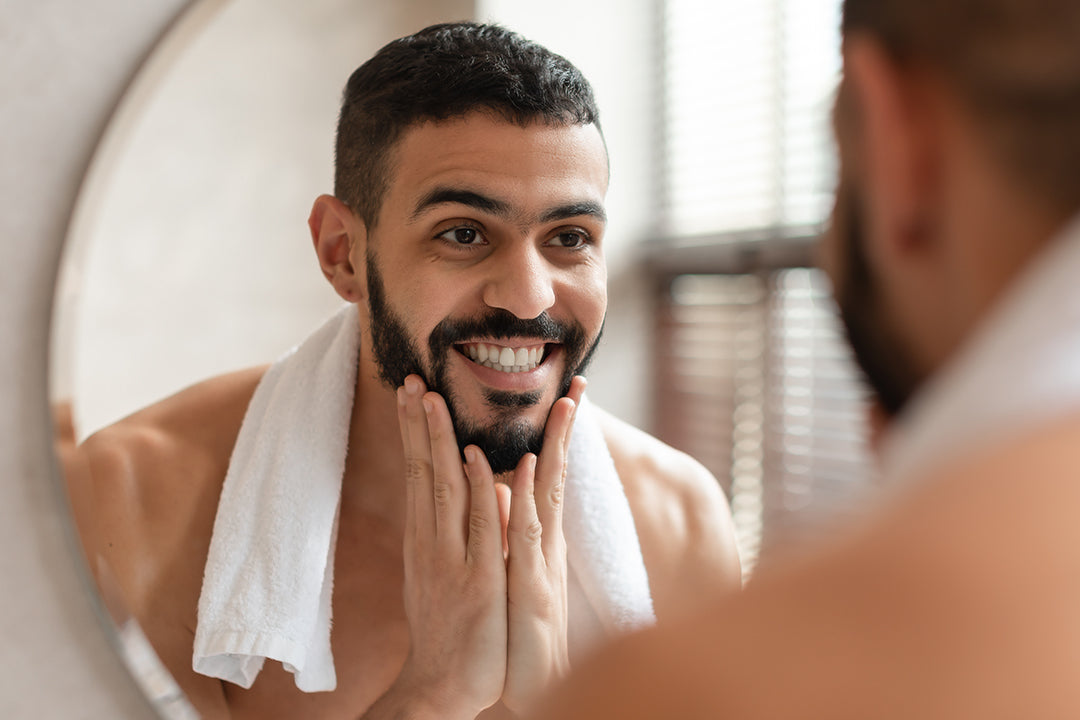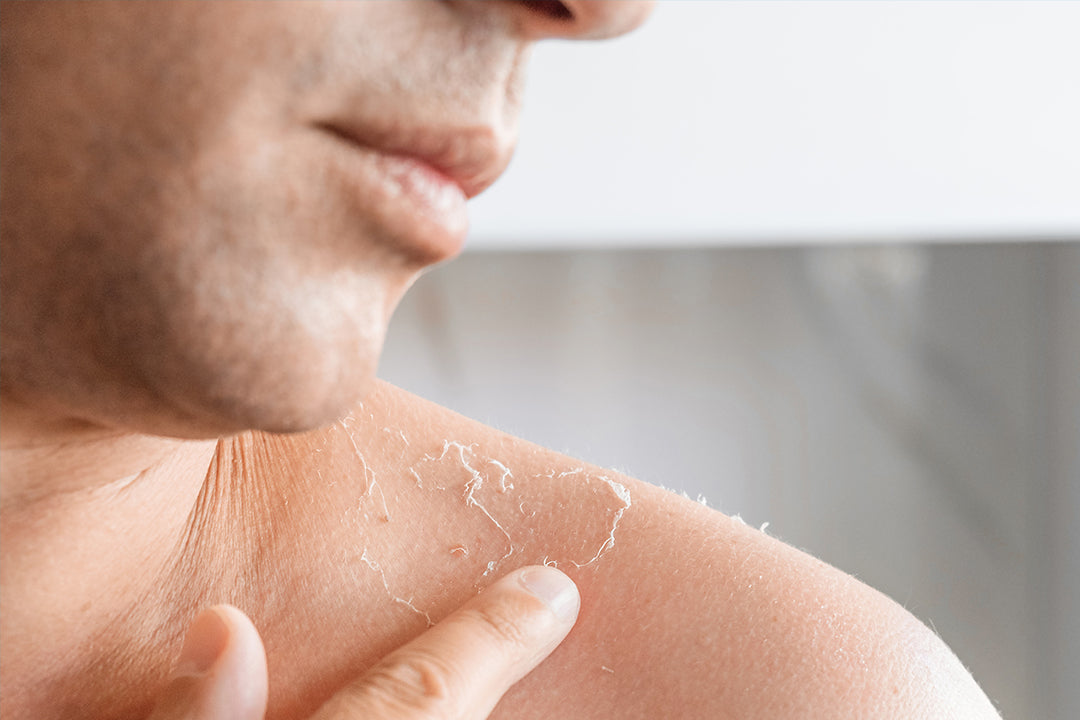If you have dry skin and struggle with acne, you're not alone. While acne is often associated with oily skin, dry skin can also experience breakouts. Dealing with dry, acne-prone skin can be frustrating, but there are ways to effectively manage and treat it. In this article, we'll explore various tips and strategies to help you combat dry skin breakouts.
Understanding Dry Skin Breakouts
Before we dive into the treatment options, it's important to understand why dry skin can still experience acne. Acne is typically caused by excess oil production, but other factors, such as hormonal imbalances, clogged pores, and bacteria, can also contribute to breakouts. Dry skin lacks proper hydration, which can lead to an impaired skin barrier. When the skin barrier is compromised, it becomes more susceptible to acne-causing bacteria and inflammation.
Treating Dry Skin Breakouts
To effectively treat acne when you have dry skin, it's essential to adopt a skincare routine that focuses on hydration and gentle products. Here are some key tips to help you get started:
1. Look for non-comedogenic products
Noncomedogenic products are formulated to not clog pores, making them ideal for acne-prone skin. Look for moisturizers, cleansers, and makeup labeled as noncomedogenic to avoid exacerbating breakouts.
2. Avoid products containing drying ingredients
Some skincare products, such as alcohol-based toners or harsh exfoliants, can strip the skin of its natural oils and cause further dryness. Opt for gentle, hydrating ingredients like hyaluronic acid, ceramides, and glycerin.
3. Moisturize
Moisturizing is crucial for dry skin, even if you're prone to acne. Look for moisturizers specifically formulated for acne-prone skin that provide hydration without clogging pores. Apply moisturizer both morning and night to keep your skin hydrated.
4. Pick the right acne-specific products
When selecting acne treatment products, opt for those formulated for dry or sensitive skin. Look for ingredients like benzoyl peroxide or salicylic acid, which can help reduce acne without excessively drying out the skin.
5. Stop overwashing
While it's important to keep your skin clean, overwashing can strip away essential oils and worsen dryness. Limit your face washing to twice a day and use a gentle cleanser specifically designed for dry, acne-prone skin.
6. Drink plenty of water
Hydrating from the inside out is crucial for maintaining healthy skin. Drinking an adequate amount of water can help improve your skin's hydration levels and overall health.
How to Prevent Dry Skin Breakouts
Preventing dry skin breakouts requires a combination of proper skincare and lifestyle choices. Here are some additional tips to help you prevent future breakouts:
1. Follow a regular skincare routine
Consistency is key when it comes to skincare. Establish a daily routine that includes gentle cleansing, moisturizing, and acne-specific treatments.
2. Protect your skin from harsh weather conditions
Extreme cold or hot weather can worsen dryness and irritate the skin. Protect your skin by using appropriate clothing and applying a moisturizer with SPF.
3. Avoid touching your face
Touching your face can transfer bacteria and oils from your hands to your skin, potentially leading to breakouts. Avoid touching your face throughout the day to minimize the risk.
4. Practice stress management
Stress can trigger hormonal imbalances that contribute to acne. Find healthy ways to manage stress, such as exercise, meditation, or engaging in hobbies you enjoy.
Takeaways
Dealing with dry skin breakouts can be challenging, but with the right skincare routine and lifestyle choices, you can effectively manage and treat acne. Remember to prioritize hydration, use gentle products, and establish a consistent skincare routine. If your breakouts persist or worsen, it may be beneficial to consult with a dermatologist for further guidance.








